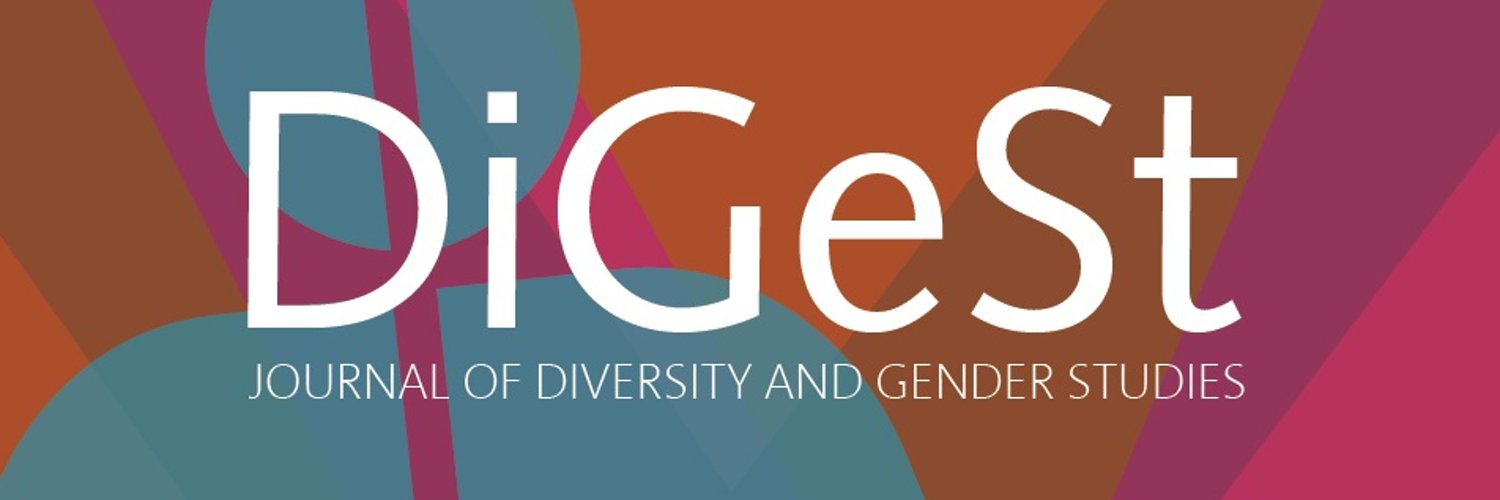'We Don’t Live in the Future. We Live in the Now'. How Time Intersects with (UN)realistically Partnering with and for Refugees in Lebanon
Abstract
This commentary examines multifaceted conceptions and practices of time in participatory approaches with Syrian and Palestinian refugees in Lebanon. It critiques UN-centered partnership models, which often prioritize long-term solutions over refugees’ immediate needs, and explores the challenges faced by refugee-led organizations in addressing diverse and urgent community priorities. Drawing on Futures Literacy Labs (FLLs) and Trauma-Informed Participatory Approaches (TiPAs), the authors present alternative methods that embrace refugees’ complex temporal experiences and prioritize their agency. These approaches create spaces for refugees to engage as active participants, addressing intersectional vulnerabilities and fostering a sense of dignity and resilience. By challenging linear and static notions of time in humanitarian programming, the commentary advocates for solidarity initiatives that respect and integrate refugees’ diverse temporalities. Ultimately, it offers insights into how participatory frameworks can be reimagined to better support inclusive and meaningful collaborations in displacement contexts.
Keywords: time, future, participatory approaches, trauma, agency, refugees, Lebanon, intersectionality, solidarity, humanitarian aid
How to Cite:
Diab, J. L. & Alpes, M. J., (2024) “'We Don’t Live in the Future. We Live in the Now'. How Time Intersects with (UN)realistically Partnering with and for Refugees in Lebanon”, DiGeSt - Journal of Diversity and Gender Studies 11(2), 148-158. doi: https://doi.org/10.21825/digest.93161
Downloads:
Download Other
View PDF
309 Views
30 Downloads
